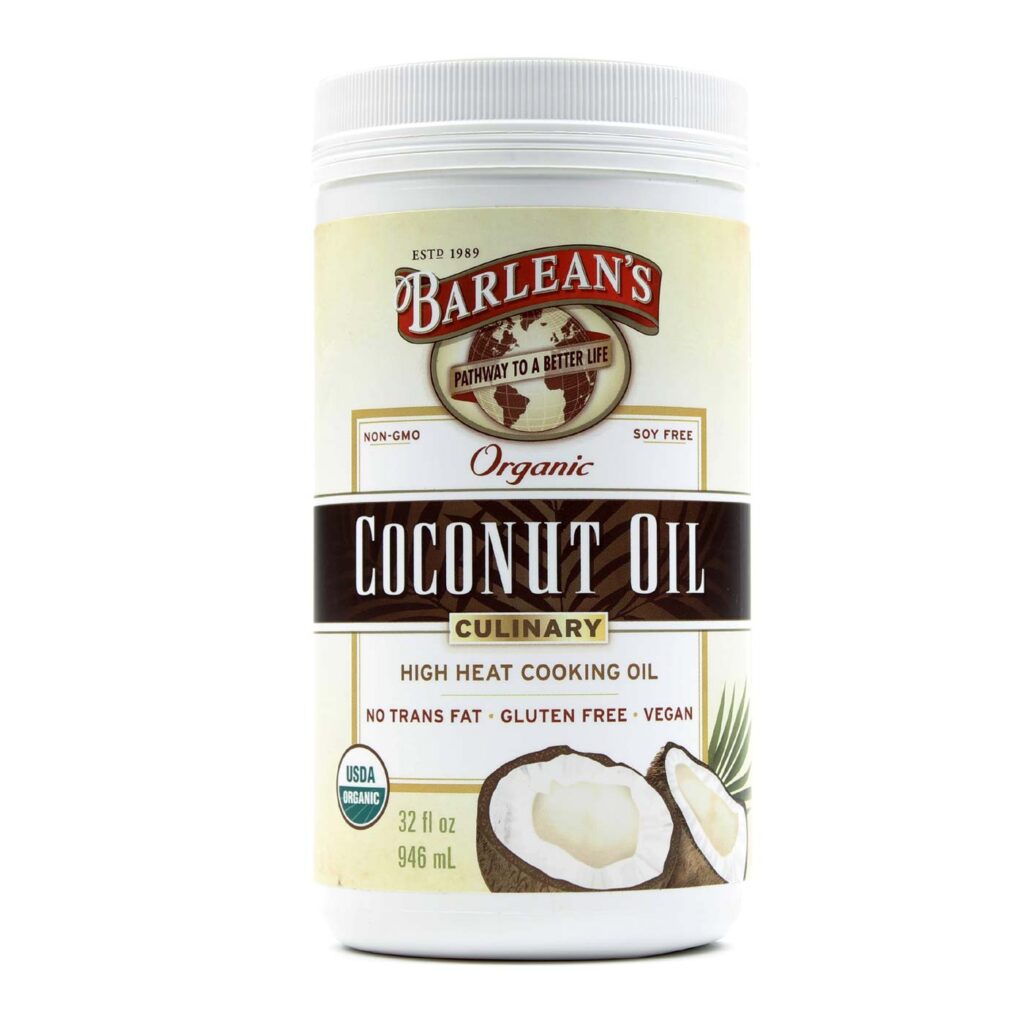Coconut oil has become popular as a healthier alternative to traditional oils due to its unique composition. The oil is rich in saturated fats and medium-chain fatty acids that provide a quick source of energy for the body. It also contains antioxidants and essential vitamins. Traditional oils such as vegetable oil, canola oil, and olive oil have their benefits, but coconut oil has a high smoke point, making it suitable for high-heat cooking. Additionally, coconut oil can improve digestion, reduce inflammation, and support a healthy immune system. High-quality, organic, cold-pressed, and unrefined coconut oil is recommended for cooking and baking recipes, as well as in salads, dressings, and sauces.
Cooking with Coconut Oil: A Healthier Alternative to Traditional Oils
The Nutritional Value of Coconut Oil
Coconut oil is a plant-based oil that is extracted from the meat of mature coconuts. It has gained popularity over the years as a healthier alternative to traditional oils due to its unique composition.
Coconut oil is rich in saturated fats, which are known for raising the level of good cholesterol in the body. It contains medium-chain fatty acids that are easily metabolized by the body, providing a quick source of energy.
Coconut oil is also rich in antioxidants, which are compounds that reduce the damage caused by free radicals in the body. It is an excellent source of vitamin E and vitamin K and contains small amounts of vitamin A and vitamin D.
The Nutritional Value of Traditional Oils
Traditional oils such as vegetable oil, canola oil, and olive oil are extracted from the seeds, fruits, or nuts of various plants.
Vegetable oil is a blend of different oils and can contain up to 10% trans fats per serving, which have been linked to an increased risk of heart disease. Canola oil is a good source of omega-3 fatty acids but is highly processed, which can lead to the loss of some of its nutrients.
Olive oil is rich in monounsaturated fats, which are good for heart health. However, it is not as heat-stable as coconut oil and can become unhealthy when heated to high temperatures.
The Benefits of Cooking with Coconut Oil
Cooking with coconut oil has several benefits over traditional oils. Coconut oil has a high smoke point, which means it can be heated to high temperatures without breaking down and becoming unhealthy.
Additionally, coconut oil is an excellent substitute for butter as it has a similar consistency and melt point. It can be used in baking recipes as a replacement for butter or as a spread on toast or crackers.
The medium-chain fatty acids in coconut oil are metabolized differently than other fats, providing a quick source of energy for the body. This makes it an excellent choice for athletes or anyone looking for a quick energy boost.
Finally, cooking with coconut oil can help improve digestion, reduce inflammation, and support a healthy immune system.
Cooking Tips for Using Coconut Oil
When cooking with coconut oil, it’s essential to choose a high-quality oil that is organic, cold-pressed, and unrefined. This will ensure that the oil retains its nutritional value and flavor.
Coconut oil can be used in cooking and baking recipes, as well as in salads, dressings, and sauces. It can also be used as a moisturizing treatment for hair and skin.
In conclusion, cooking with coconut oil is a healthier alternative to traditional oils due to its unique nutritional profile. It has a high smoke point, providing an excellent choice for high-heat cooking, and is an excellent substitute for butter. Choosing a high-quality, organic, cold-pressed, and unrefined coconut oil is essential for retaining its nutritional value and flavor.
